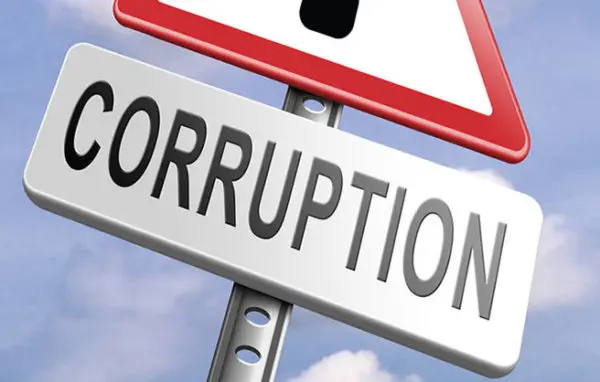Corruption is a formidable adversary, a silent destroyer of nations, and Nigeria, unfortunately, is no stranger to its grip. For decades, the nation has grappled with the consequences of this pervasive menace, threatening its progress, tarnishing its reputation, and eroding the trust of its citizens. However, it is important to emphasize that this is not the final chapter in Nigeria’s story. There is an ongoing battle against corruption, and as we tread this path, there is hope that Nigeria will emerge stronger, more just, and truly prosperous.
Corruption in Nigeria is not a novel concept. It has become a part of the national narrative, affecting every facet of society. It manifests itself in various forms, from petty bribery and embezzlement to grand-scale financial fraud. It is a cancer that has seeped into the public and private sectors, undermining institutions, rendering justice impotent, and compromising the delivery of essential services.
The economic toll of corruption is colossal. Funds meant for critical infrastructural development, healthcare, education, and social welfare are siphoned off, leaving the nation’s social fabric in tatters. It perpetuates poverty, inequality, and hinders economic growth.
The fight against corruption in Nigeria is not new. Successive administrations have launched anti-corruption campaigns and institutions such as the Economic and Financial Crimes Commission (EFCC) and the Independent Corrupt Practices and Other Related Offenses Commission (ICPC). While these efforts have recorded some successes, it is clear that the battle is far from over.
To win the fight against corruption, every Nigerian citizen must be an active participant. Corruption often thrives in an environment where individuals are willing to compromise their integrity. To create a culture of transparency and accountability, the public must refuse to be part of corrupt practices. This includes reporting corruption when witnessed, regardless of the perpetrator’s status.
Whistleblowers play a crucial role in exposing corruption. Nigeria’s Whistleblower Policy has resulted in the recovery of billions of naira that would have otherwise remained hidden. This demonstrates the power of ordinary citizens in the fight against corruption. Protecting and incentivising whistleblowers is a vital component of this struggle.
While individual actions are essential, lasting change requires structural reforms. Strengthening Nigeria’s institutions, especially those tasked with law enforcement and the judiciary is critical. The judiciary must be free from political influence and be able to adjudicate corruption cases without fear or favor.
Government transparency and accountability are fundamental in the battle against corruption. Open governance, where information is readily accessible to the public, helps expose corrupt practices. Additionally, public funds and contracts should be subject to rigorous scrutiny.
Corruption knows no borders. Nigeria should collaborate with the international community in the fight against corruption. This includes repatriating stolen assets and seeking global cooperation in bringing corrupt individuals to justice.
The battle against corruption is a marathon, not a sprint. Nigeria has made strides, but much work remains. The fight against corruption must be relentless, and the public, government, and institutions must work in concert to create an environment where corruption is not just discouraged but becomes increasingly untenable.
While Nigeria’s struggle against corruption is far from over, it is a battle worth fighting. The nation’s progress, prosperity, and social cohesion depend on the relentless pursuit of a corruption-free society. Every Nigerian has a role to play, and collective action is the key to turning the tide against this pernicious adversary. The hope is that with unwavering determination and the right strategies, Nigeria will one day emerge victorious in this battle, securing a brighter future for all its citizens.





